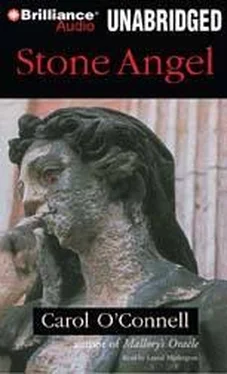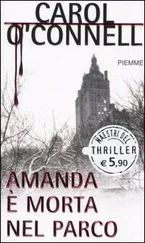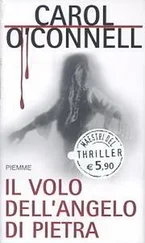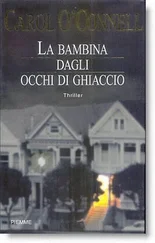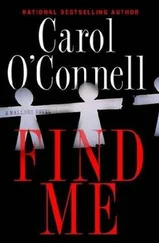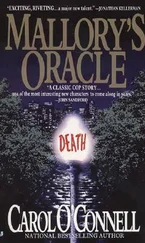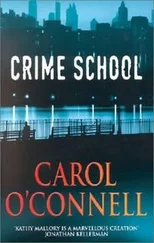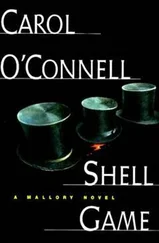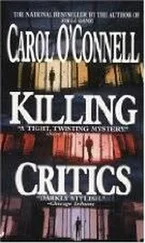“Be sure you don’t let her out.” Augusta passed through the door and left Charles to fend off the wild thing with one shoe. He escaped with only minor damage to one pantleg.
He stepped into a long gallery, and space expanded in all directions. Every flat plane was a far distance and every vertical line soared. He judged the ceilings to be at least eighteen feet high, and the doorframes were made for eleven-foot giants.
Augusta’s hand rested on a Dresden china doorknob as she pointed up to the ornate friezes at the ceiling molding. The upper wall was studded with delicate roses. “The flowers were made from a mixture of Spanish moss and plaster.”
She guided him into a room of even more generous proportion. Tall windows extended from floor to ceiling and provided light enough to see delicate tapestries falling to tatters on the walls, and mold gathering on the furniture. All the pieces in this room might have been worthy of a museum, but now they were beyond restoration. The cracked window-panes had allowed rain damage. A chair-backed settee was kneeling on broken forelegs. The thick Oriental rug, which should have lasted centuries was rotting on the floor. Threads gave way under his shoes and beetles ran out from underfoot.
So poverty was not the cause of the neglect. The sale of these pieces would have paid for maintenance on the house. He averted his eyes as they passed by a cracking landscape of foggy moon and ghostly trees. It had been worth a fortune – once. They passed into the vast dining room, where other precious paintings were warping and cracking on water-stained walls.
“Why has it all gone to ruin?” He hadn’t meant to ask that aloud, but he could not contain himself.
“Well, I had to let the house rot. That was a promise I made to my father as he was dying.”
Had the man been demented? That probably would be a rude question, and Charles kept it to himself as he followed her back to the long gallery, where another set of doors opened onto a grand ballroom.
Now this was glorious, luminous. The white walls and floor reflected all the light at the end of the day and dazzled him into a wide smile. But now his smile waned as he stared at the ruined marble floor. Each tile bore a crack and some were nearly pounded to dust.
“You can blame that damage on one of my horses,” said Augusta. “That Appaloosa was a good strong animal, but you’d be amazed how much punishment the tiles can take before they crack.” And then in the afterthought of a tour guide, she said, “It’s all Italian marble.”
This was almost too much for Charles. His parents had never allowed him to run indoors, lest he damage some old and valuable piece of china glass – Augusta had ridden a horse through the house.
He followed her up the grand staircase, and as they passed by the open doors along the hallway, she gave him a running commentary.
here were precious clocks in every room, all stopped at the same time, the hour of her father’s death.
Augusta said, somewhat disgusted, “The house is made of cypress. Termites cannot penetrate it. The walls will not fall down. These floors are made of heart pine, and there’s hardly a patch of wood rot. However, I am making some headway with the roof. It’s got some prominent holes that’ll let you see daylight. The poor bats, though. They don’t take too well to direct sun. Some of them are migrating to the lower floors.”
He peered into the last room before the next staircase. The carpet was spotted with dung. Bats had indeed taken up residence here. Against one wall was an elaborately carved canopy bed. He had only seen one like it at a New York auction house. Mosquito netting partially covered the bed in a wreckage of gauzy spiderwebs and woven rotted threads of cotton. A dead bat lay on the mattress, its molding body fusing with the material.
They continued up the stairs and into the attic, where he found more antiques serving as homes to spiders. At his feet lay a broken Federal bull’s-eye mirror.
“Wait here a minute,” said Augusta. “I’ll make sure they’ve all cleared out. There’s only been a handful of bat rabies cases in the past thirty years, but you never know.” She disappeared through a doorway, and the scent of something foul came wafting through the brief opening.
He turned to the only source of light and air. This was not the round window facing the town. This one afforded a view of the land at the back of the house. A pair of field glasses lay on the broad sill.
Looking down, in the hour of dusk, he could still make out what once had been a carefully planned maze and stepped terraces of lush vegetation. This was the good bone structure of a ruined garden. He could imagine it in bygone days when the shrubs had been carefully trimmed and the flowers confined to their beds. A flagstone path wound through the grounds, disappearing in places where it was overgrown with plants reverting to the wild, blooming in random bouquets of blue and red. More exotic flames of orange were -
Oh, but now two bright-colored blossoms took flight, and all the flowers called out to one another. Birds – the garden was alive with birds. In a chain reaction of motion, all the colors were rising from the foliage in a brilliant wave, fluttering on the air and singing songs.
He picked up the binoculars and trained them on the small pecan trees and shrubs. Here and there, he picked out the conical tops of bird feeders spread throughout the avian sanctuary.
This was no side effect of Augusta’s neglect; it was an act of creation.
She was back again, standing beside him, and the flowers continued to fly and sing.
“My compliments, Augusta. It’s the most beautiful garden I’ve ever seen.”
“Let me show you the view from the other side while we still got some light. Hold your nose when you pass through that door.”
He did as she suggested, but the stench of dung and urine was overwhelming, and his eyes stung. He could feel the crunch of bugs beneath the soles of his shoes, as she led him around the stalagmites of droppings with the beam of her flashlight.
Not all the bats had flown at sunset. A pair of tiny eyes gleamed with reflected light. He turned away quickly, not wanting to alarm the creature into sudden flight. When they had cleared the midsection of the attic and passed under an archway, a breeze of fresh air alleviated the smell. Light penetrated the roof through a gaping hole between the wooden ribs of the ceiling. Foliage had attached itself to sod trapped by the wind in the cross wood of exposed beams. Ironically, he recognized the encroaching plant as resurrection fern.
And now he noticed that another bat had been left behind. The animal was revolving in circles on the floor, trailing a torn wing in the dust.
“I wonder if that cat’s been up here.” Augusta looked down at the poor beast and shook her head. “Now that one – see the red metal on his leg? He was banded fifteen years ago. The government man wanted to mark a lot more of them that way, but he had clumsy hands and crippled as many bats as he did right, so I run him off the place. That bat is the old man of the colony.”
And now it was at the end of its life. The injury to its wing fit well with a cat’s claw. If the bat could not fly, it could not feed. “What’s the name of the bat?”
“Charles, if you ever hear me giving pet names to flying rodents, you can tell them it’s time to put the old woman away.”
“Sorry, I meant the species. Brown bat? Serotine?”
“The government man who checks the bands, he calls them big brown bats or sometimes Genus Eptesicus. I call them owl food.” The old woman was standing at another round window overlooking the town. A telescope stood on a tripod, its long barrel pointed down to the earth. A notebook lay open on the sill and bore a crude map recording the sites of nests.
Читать дальше
